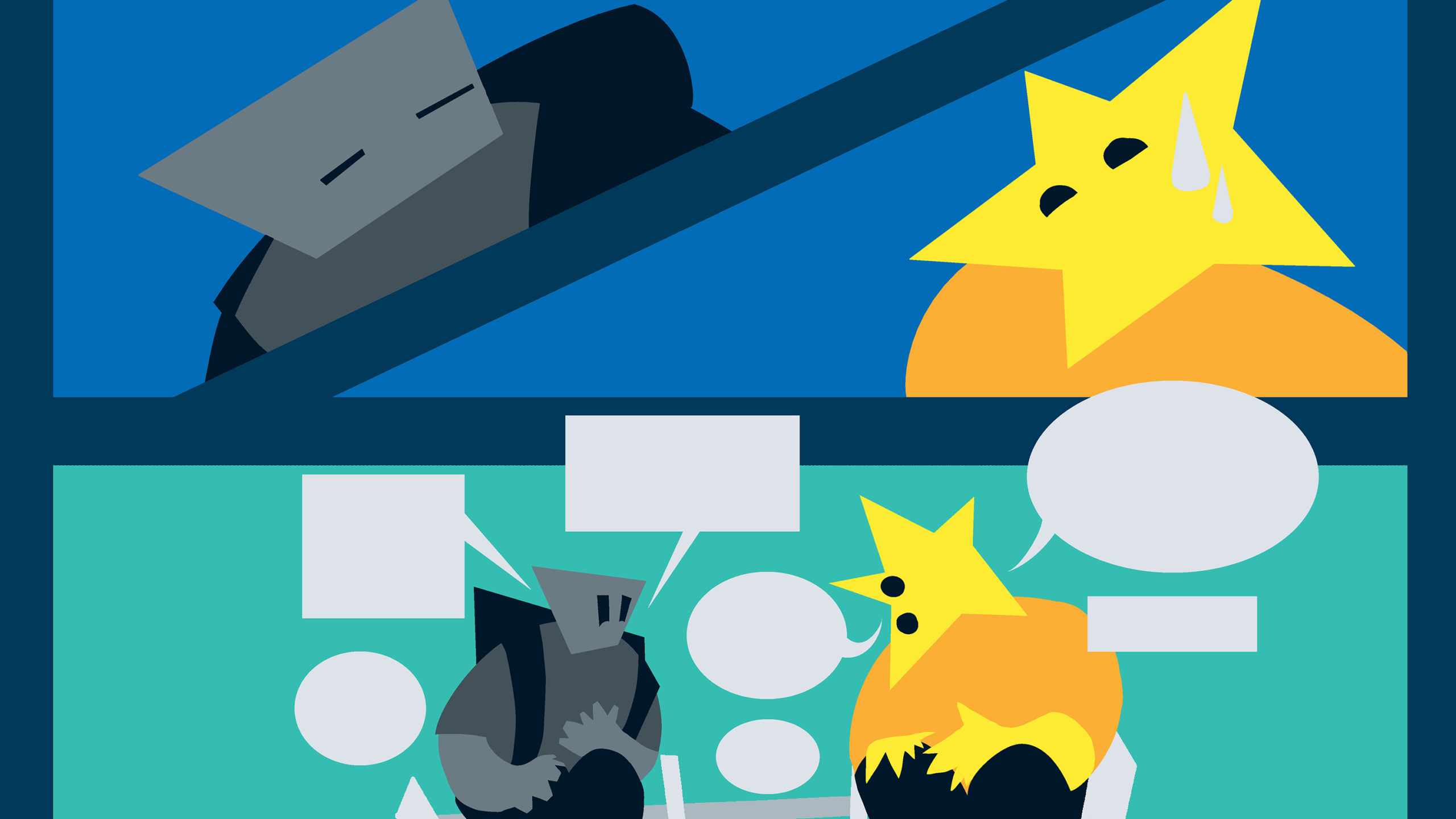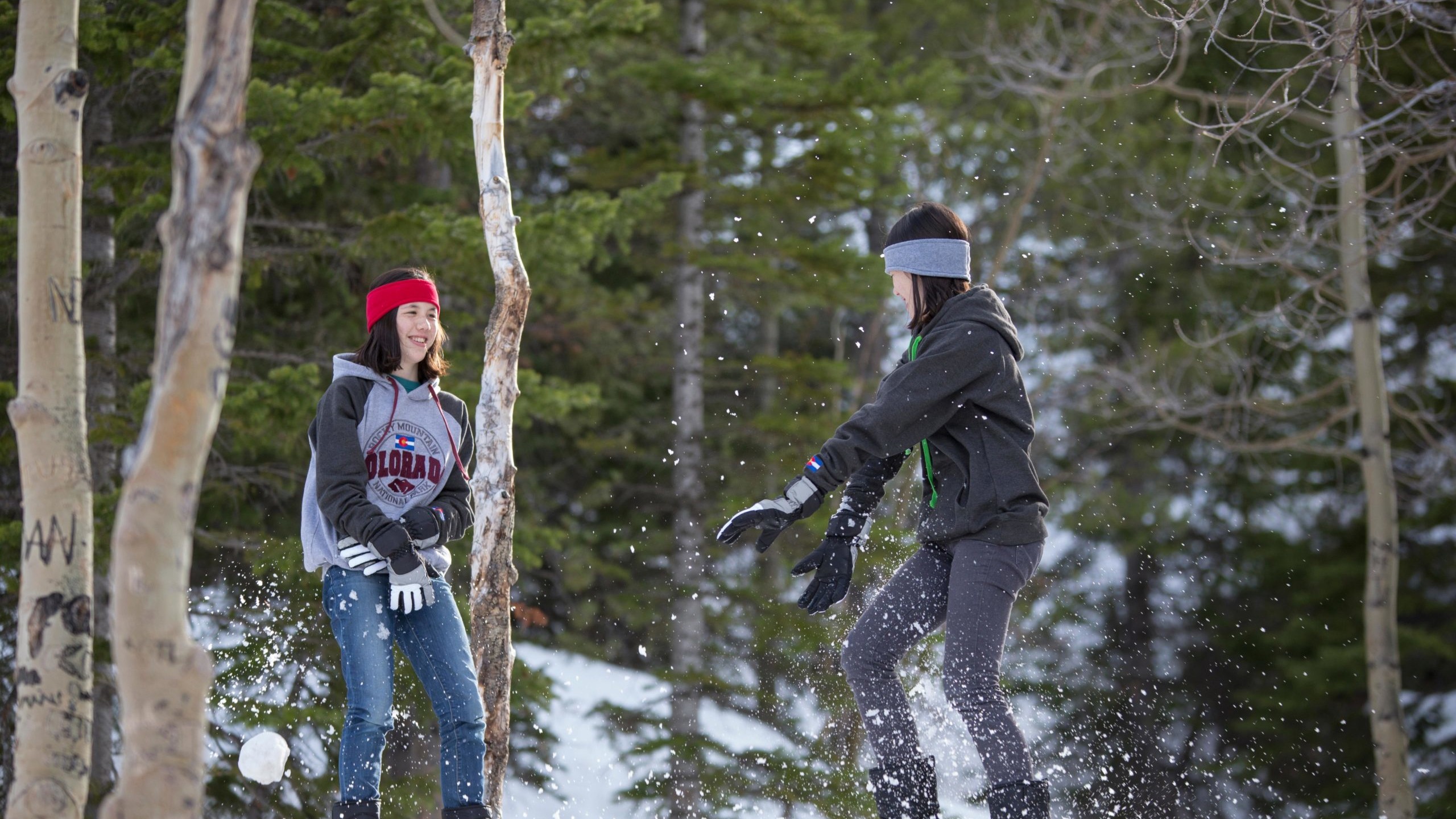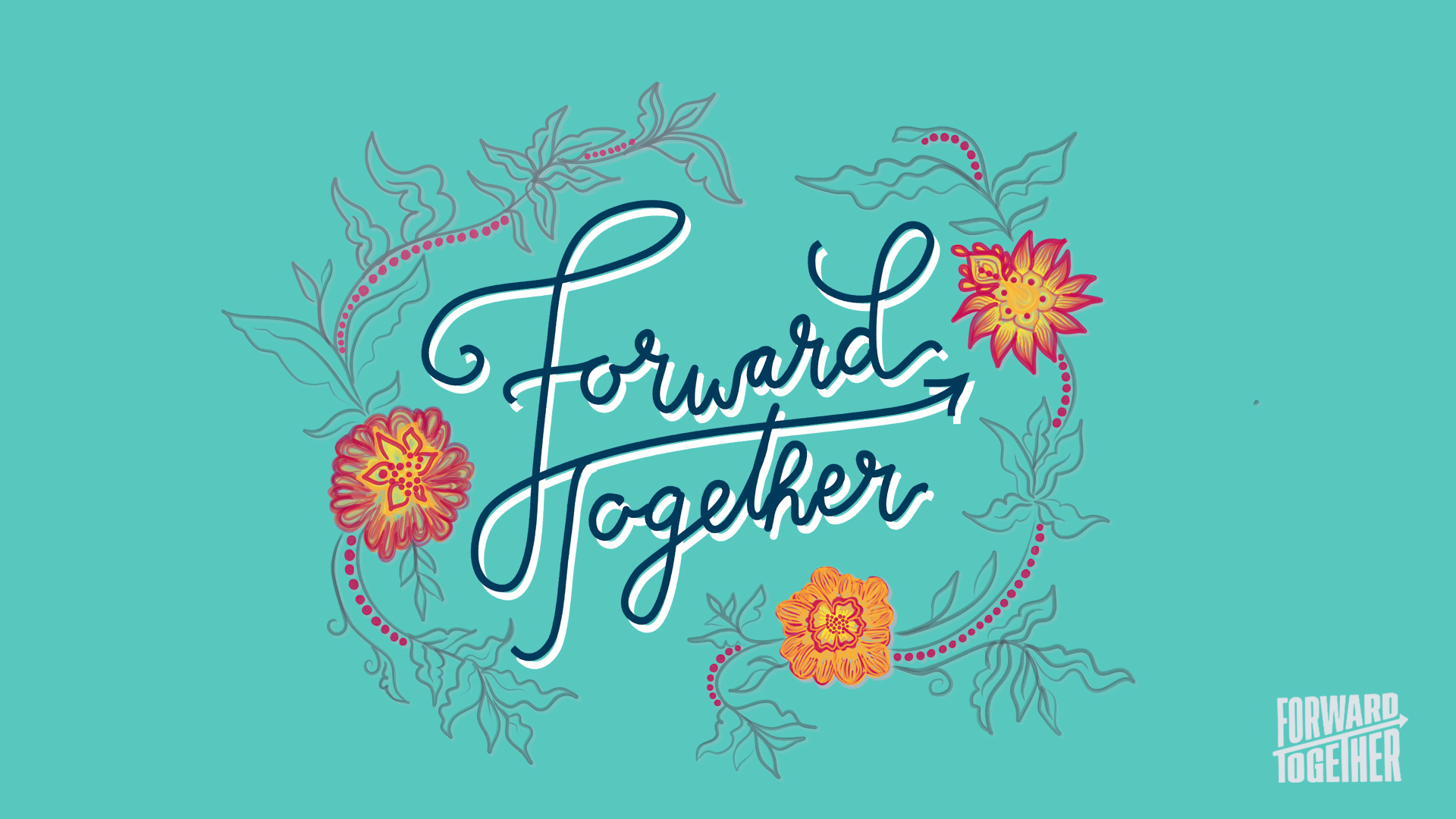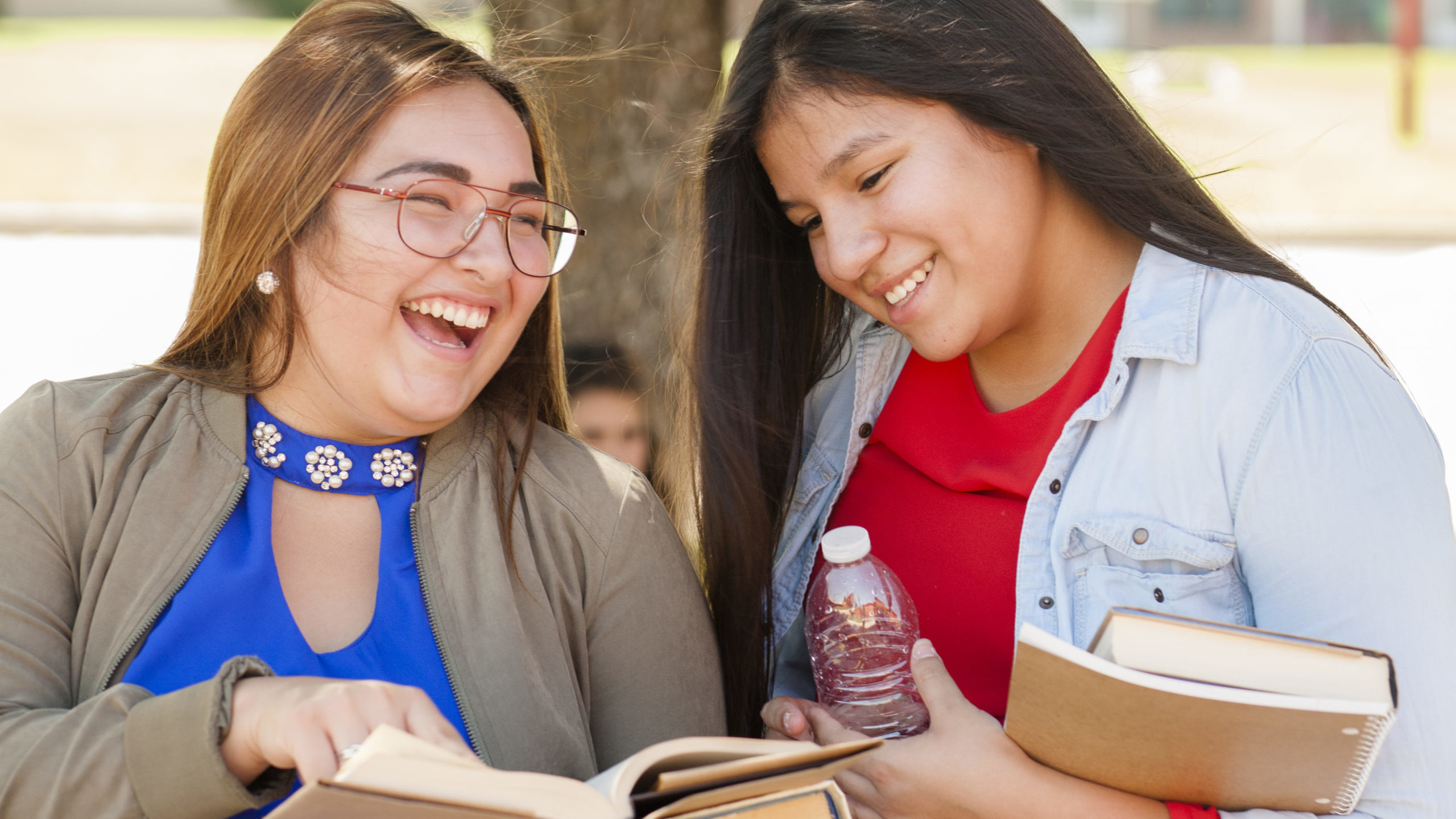How to empower your circle to make safer choices together
Growing up can come with many questions and curiosities. Lots of teens talk to their friends about questions they are exploring, such as how to balance extracurricular activities and homework at the same time. Another topic you may find your friends exploring is substance use, including using pills that are not prescribed to them.
In case you do find yourself needing to help a friend overcome this challenge, here’s what you should know:
Taking unprescribed pills can be risky. They might contain added substances like fentanyl, which can cause an overdose. Fentanyl has no taste or smell, so it can be super hard to know if a substance has fentanyl in it, which means someone may consume fentanyl without knowing it, and that increases the risk of overdose. Always be cautious and avoid pills not prescribed directly to you by a health care professional and filled through a pharmacy. It’s also important to remember that understanding and talking about the risks of unsafe pills doesn’t actually encourage substance misuse. Instead, it helps you and your friends stay safe because you are more aware.
1. Reach Out For Help:
You can always reach out to a trusted adult like a parent, teacher, or school counselor for advice on what to do. There are also resources available to provide assistance and information on safer choices.
If you or someone you know needs help, contact:
- Colorado Crisis Services by texting “TALK” to 38255 or calling 1-844-493-8255 .
- 988: by texting 988 for mental health or substance use support.
- Own Path to find mental health care options.
- CO Wellness Recovery to get a free guide for mental wellness and addiction recovery.
- I Matter for free, virtual, professional and confidential counseling for teens aged 11 and up that you can refer your friend to.
There’s always support available, and your questions are important.
Remember, staying informed doesn’t encourage drug use – it empowers you to make safe choices and be a supportive friend. If you or a friend is in crisis, tell a trusted adult immediately or text Colorado Crisis Services “TALK” to 38255.
2. Create a Safe Space
Create a safe space for honest talks with your friends. Let them know you’re there without judgment. Sometimes, making healthier choices can be tough. But you can be a supportive friend offering encouragement and understanding.
3. Stay Safe Together:
Learn about the risks of experimenting with unprescribed pills together. Share credible information and resources to help your friend make safer and healthier decisions. Also, try creating strategies and responses for situations where you and your friend might feel pressured, together. This may help make it easier to make safer choices in the moment. You can role-play scenarios to practice assertively saying “Nah, I’m good,” and standing up for the decision if needed.
- Forward Together Tip: Start your research by visiting our partners FentanylFactsCO.org, and ConnectEffectCO.org for info to get you started
4. Try Healthy Swaps:
Encourage friends to explore healthier activities – clubs, sports, or hobbies – as alternatives to substances.
5. Create a Supportive Circle:
Encourage your friend to continue building a network of supportive friends who are also committed to making healthy choices. Knowing they’re not alone in this journey can make them feel connected and supported and make it easier for them to make healthy choices.
Remember, being an awesome friend is all about navigating challenges like these and making safe, healthy choices together.
Have you heard of Naloxone?
If you know someone who might be experimenting with substances, educate them about naloxone. Naloxone, a safe tool to reverse opioid overdoses, is accessible to everyone under 18. It’s available at most pharmacies, and insurance often covers it. Remember, having naloxone doesn’t mean someone is planning to use substances – it’s about being prepared to potentially support friends.
SHARE THIS RESOURCE
Forward Together Team
We are the Forward Together Team - a group of youth and adults that work together to help every young person in our state feel more connected and lead healthier lives through one key factor: great relationships.





